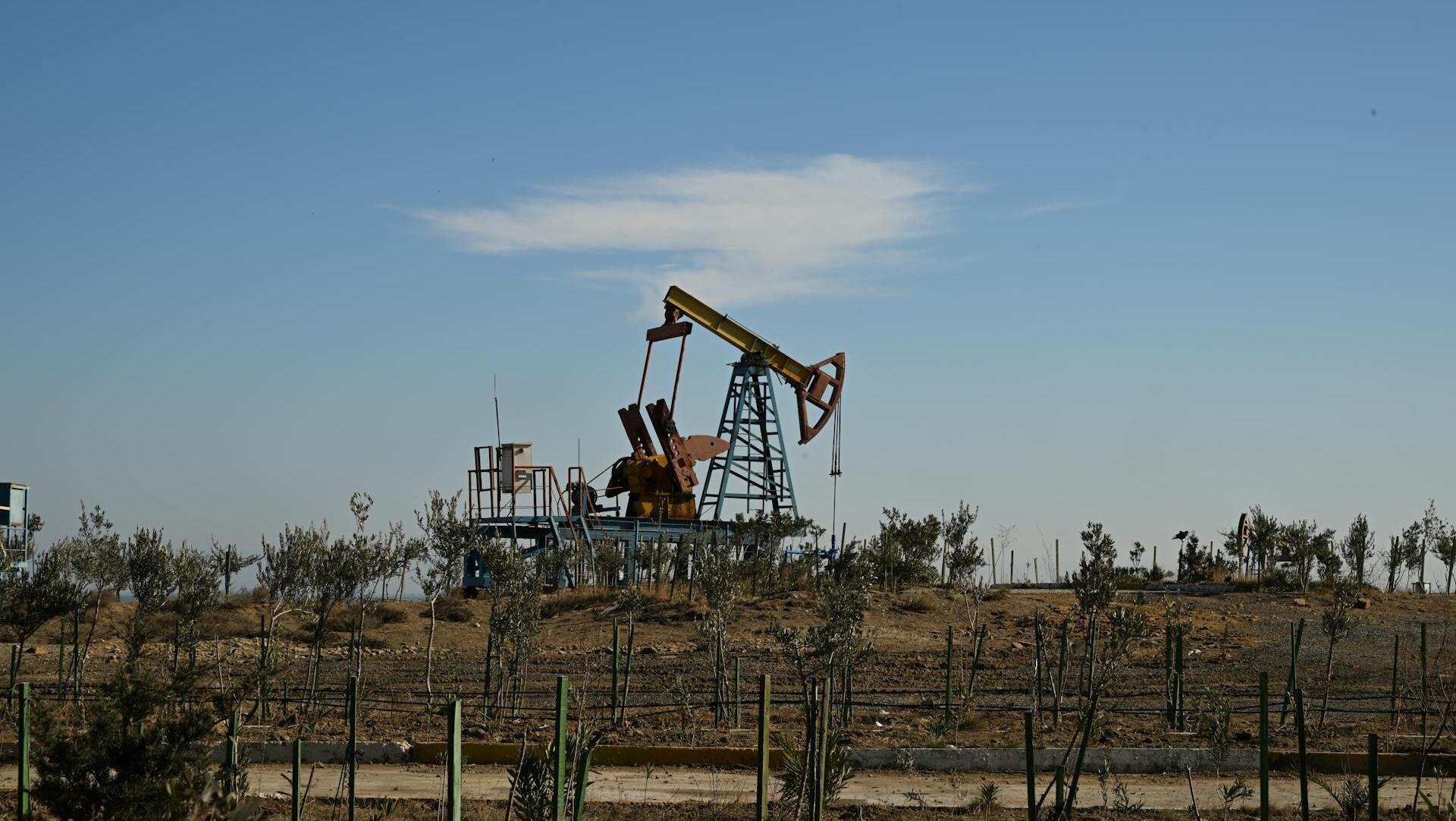Oil prices slipped during Asian trade on Monday after Iraq’s Kurdistan region restarted crude exports via Turkey and OPEC+ prepared for another supply boost in November, adding to global output.
By 3:30 pm AEST (5:30 am GMT) Brent crude futures dropped 34 cents, or 0.5%, to $69.79 per barrel, while U.S. West Texas Intermediate (WTI) crude fell 43 cents, or 0.7%, to $65.29.
Meanwhile, crude shipments resumed on Saturday through a pipeline linking the semi-autonomous Kurdistan region in northern Iraq to Turkey’s Ceyhan port, marking the first flows in two and a half years.
Iraq’s oil ministry said the breakthrough followed an interim deal between Baghdad, the Kurdistan regional government (KRG), and foreign producers operating in the area.
The agreement will allow 180,000 to 190,000 barrels per day to reach Turkey, with flows expected to rise to as much as 230,000 bpd, according to Iraq’s oil minister, who spoke to Kurdish broadcaster Rudaw.
Washington had pushed for the restart, which comes as OPEC+ seeks to expand market share.
The producers’ group is likely to approve a crude output hike of at least 137,000 bpd at its meeting on Sunday, three sources told Reuters, with higher prices encouraging additional supply.
Brent and WTI rallied more than 4% last week, their sharpest weekly rise since June, after Ukraine’s drone strikes on Russia’s energy infrastructure disrupted fuel exports.
Russia responded with heavy missile attacks on Kyiv and other cities on Sunday, in one of the most sustained barrages on the Ukrainian capital since the full-scale war began.
Geopolitical risks were also amplified after the United Nations reinstated an arms embargo and other sanctions on Iran over its nuclear programme.
ANZ analysts observed: “UN economic and military sanctions on Iran were reinstated over the weekend, with the UK, France, and Germany triggering the ‘snapback’ mechanism, citing Iran’s ongoing nuclear escalation and lack of cooperation.”



